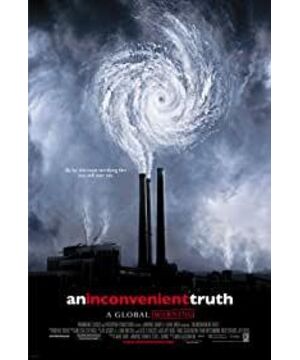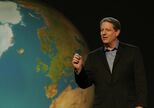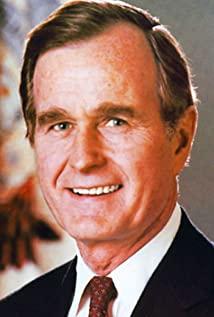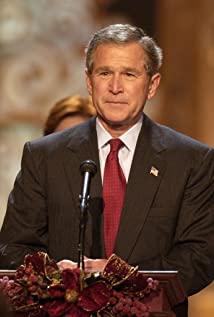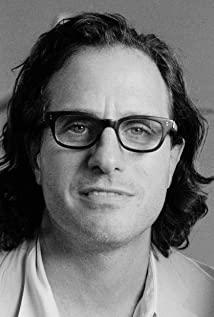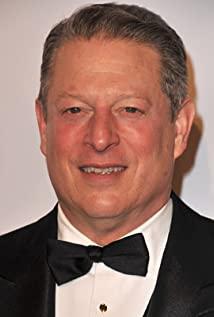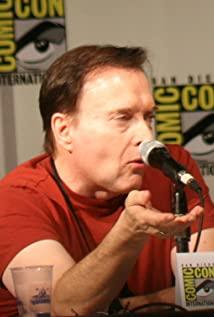I watched "The Inconvenient Truth" today, and I was very moved. This is a documentary, which mainly tells about a series of major changes in the earth caused by the global warming caused by the greenhouse effect, and also interspersed in the film. Gore's personal activities. The film focuses on the scientific evidence of global warming, discusses the economic and political dimensions of global warming, and explains his belief that if human-made greenhouse gases are not reduced, the global climate will change significantly in the near future.
The film contains many passages to counter those who believe that global warming is not apparent or proven. Gore, for example, discussed the risk of melting Antarctica's ice sheets, which could raise global sea levels by nearly 6 meters, flood coastal areas and make about 100 million refugees. Greenland's melting ice and snow have lower salinity levels, which could disrupt the Gulf Stream and cause temperatures to plummet in northern Europe.
At the same time, the film also tells that the revolution of science and technology has benefited all mankind and brought us a lot of convenience in medicine and communication, but it has also given us a great responsibility to consider the possible consequences, causing new technology Completely changed the consequences of past wars, and our influence on the surface of the earth is already very large than before. Maybe this is a good thing for us human beings, but if we recklessly change the earth regardless of the consequences, it will easily lead to big consequences. The combination of people and technology has brought enormous pressure to nature. According to the author's survey, according to the proportion of the impact of global warming, the impact of a country in the United States on global warming is equivalent to the total of South America plus Africa, the Middle East and Asia. The data of carbon dioxide emissions in the United States far exceeds that of other countries. nation. The film also tells about such a thing. We witnessed the conflict between human civilization and the earth. There are three factors that caused this conflict. The first is population. After World War II, the population growth entered a baby boom. After World War II, the population was just over 2 billion, and now the population has reached almost 6.5 billion. It is estimated that by 2050, the population will reach 9 billion. From ancient times to the present, the population growth took 10,000 generations to reach 2 billion, but in our generation, the population can be Soaring to 9 billion, from 2 billion to 9 billion, and at the same time causing earth-shaking changes, the burden on the earth is constantly increasing, for poor countries, food demand is tight, fresh water demand is tight, and fragile natural resources are also threatened. Everywhere The vegetation is severely damaged, which also accelerates the emission of carbon dioxide, and people expand the land and arable land by burning trees and forests, which accelerates the rate of global warming, which causes the ocean to heat up and causes the icebergs to melt. , the warming of temperature may make the climate more suitable for people to live in, but it also accelerates the melting of icebergs, which leads to sea level rise, and then some low-altitude lands will be submerged, seriously affecting the living environment of terrestrial creatures
To explain global warming, the film cites measurements of temperature and carbon dioxide levels in samples from the Antarctic Ice Center over the past 600,000 years. Hurricane Katrina has also been used to infer the damage caused by 9-14m high waves to coastal areas.
Gore said at the end of the documentary that taking appropriate action as soon as possible, such as reducing carbon dioxide emissions and planting more plants, will stop the effects of global warming. Gore also told viewers how they can help slow the warming.
A book of the same name was also released shortly after the film's release, containing more detailed additions, scientific analysis, and Gore's commentary on the issues explored in the documentary.
I was so shocked after watching this documentary.
An example in management science: put a frog in boiling water, it will react and jump out immediately, but put it in cold water and slowly heat it, but it will stay in it as if nothing happened, until death! I didn't expect this example to appear here to remind us that human beings are in such a heated cold water, and the heated person is ourselves!
When the sorbet melts as soon as it is taken out of the refrigerator, what should we do? Turn the world into a refrigerator? Where did the compressor come from? When polar bears drown in water because there is no expanse of ice, how are we going to save them? When the snow on the mountains melts, where does the water from the Yangtze River come from? The world we live in is getting warmer and warmer, but at the same time, more problems have arisen. Take my country as an example, the warmer and warmer winters and the snowstorms in the south this winter; the increasing number of hurricanes; the floods and droughts in neighboring provinces and cities...
Are these natural disasters that have been increasing in recent years only due to the ruthlessness of nature? Haven't we done something to make us deserve the punishment? When you see the black smoke coming out of the chimney of a certain factory, when you smell the unpleasant smell wafting from the fertilizer factory, when you see the unrestricted mining of the open-pit coal kiln, when you see the black smoke Car exhaust pipe... what do you think of when you see all this? Air pollution, acid rain... What's more? Carbon dioxide emissions, greenhouse effect? How many people can see this, when people pay attention to protecting the environment, the next task is to maintain the balance of the earth's ecological circle! Economic growth is based on high energy consumption. Burning oil and coal produces a lot of greenhouse gases. What do we do with them? - directly into the atmosphere. When they accumulate to a certain level, they retain a large part of the energy radiated from the sun to the earth, greenhouses form, global temperatures warm, glaciers melt, sea levels rise... I can remember many "big" disasters when People's fearful expressions and subsequent slander, but why can't people take precautions before all this happens? How many lives can be saved by a series of "emergency plans" by the state and government!
Gore tells the hard-to-ignore truth over and over again, how many countries have taken action to limit carbon dioxide emissions, and the reluctance of a superpower like the United States to support the Kyoto Protocol is not for the sake of more unscrupulous consumption of energy in exchange for the economy. increase! The world's proven oil will be exhausted in more than 40 years, and the natural gas will only have a lifespan of 100 years. If this continues, the things accumulated on the earth for millions of years will be used up in more than 200 years.
In this huge ecological environment, human beings control everything here. Every move of people will affect things in this ecological environment. Now, this environment is getting worse day by day. This is the only ecological environment for human beings and all living things. Human beings should be benefiting all living beings. Take action to protect the environment. Don’t let this tragic situation worsen. Remediation is the only way now. Work hard for the ecological environment!
View more about An Inconvenient Truth reviews


